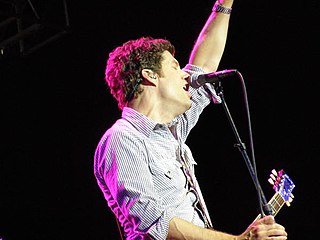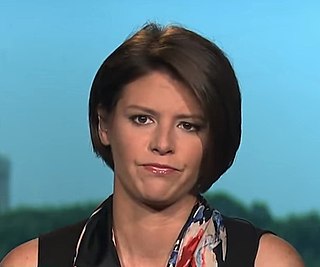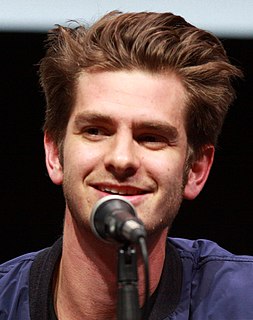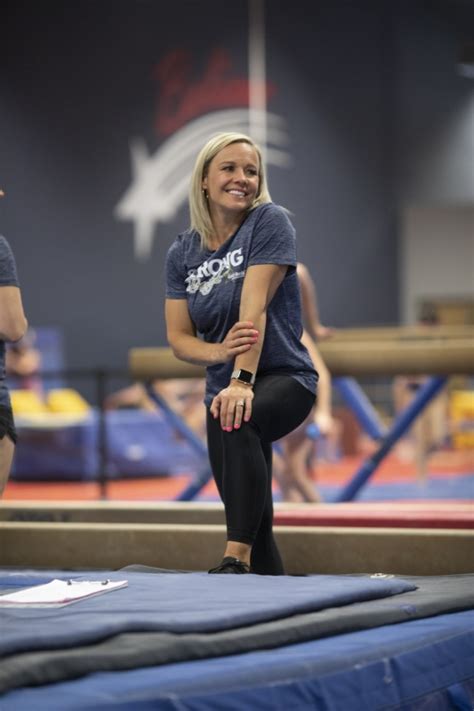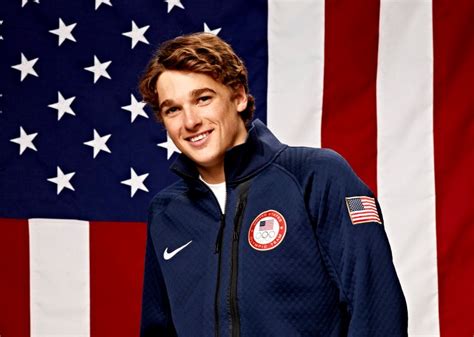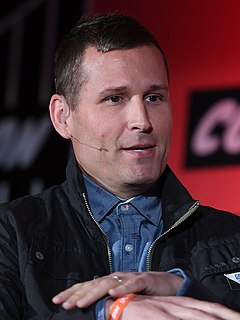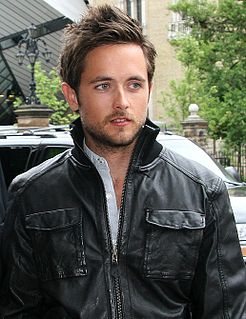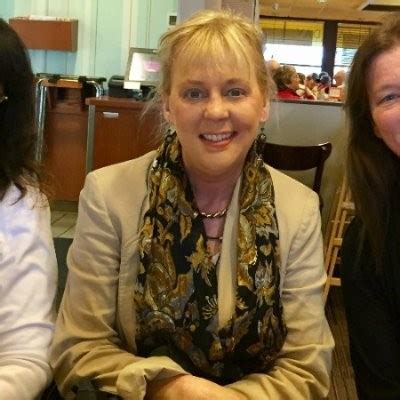A Quote by Rob Roberge
The biggest thing was that second person allowed me to trick myself into revealing more about myself. It gave me an authorial distance to get closer to the action and emotions, if that makes sense.
Related Quotes
I have to go through that arc with Dolores, and I didn't know what my arc was going to be. We found out episode by episode, and the more it went on, the more I felt a change in myself and allowed myself to be strong and to get angry and to access emotions that I don't normally, and I think a lot of women don't because we're kind of conditioned not to. It's freed me in a way, and it made me find a strength in myself.
Biggest lesson? Discovering that the less I think about myself and the more I think about what I can do for others, the more I get out of life. Ultimately, it makes me a happier person. You have to give it away if you want to get it back. After all, humility isn't thinking less of yourself, it's thinking of yourself less.
I had to detach myself from myself, if that makes any sense, to conjure an authentic first-person voice. In that sense, it was similar to writing a first-person novel. But I was writing about real people, not fictional ones - myself, my family, my friends and boyfriends and ex-husband, and that was extremely tricky.
For me, the biggest thing I've learned is how to be myself and the fact that viewers actually want to feel like they're getting to know you as a person. They value you because you're a reporter and you're bringing them new information, but they also want to feel like they get a sense of your sense of humor and what things you're interested in.
I realized that after finding this thing that allowed me to express myself - acting - and being encouraged by a few people that I could do it, I had kind of grabbed onto it and dug in my claws in a way that was maybe a bit unhealthy. I allowed myself to get into a headspace where I lived or died by what I achieved in this particular field.
For me, friendship has always been the most accessible of relationships - certainly far more so than romantic love. Friendship, I learned, provided a buffer in the interplay of emotions, a distance that made the risk of intimacy bearable, a space that allowed the other person to remain safely another person.
I began to draw an invisible boundary between myself and other people. No matter who I was dealing with. I maintained a set distance, carefully monitoring the person’s attitude so that they wouldn’t get any closer. I didn’t easily swallow what other people told me. My only passions were books and music
Once I wrote 'Atmosphere,' I thought, 'This is my story; it's me and my life and what I've gone through to get to where I am.' I'm not the best singer, but still. All of my albums are personal, but putting myself out there and singing is one more thing that makes me vulnerable - one more thing that people can fire shots at.
I just want to do shows because you get to see, over all the seasons, the person grow, and you get to grow with the character. That transformation, for me, is what I love about my job. I get to learn about myself and challenge myself and grow with the character. For me, it's a whole process of learning and growing.
I would never kill myself intentionally. I couldn't do that to my family, my friends ... But to have fate step in and give me a shove, that's a different matter. Then I have the exit, without the guilt. I am ashamed of myself for thinking like this. But more than anything, I am frightened that it makes me feel so much better to think about it. Sometimes it eases the terror, the sense that I am condemned eternally to this hell.



